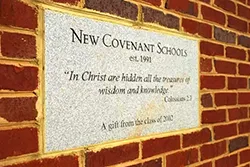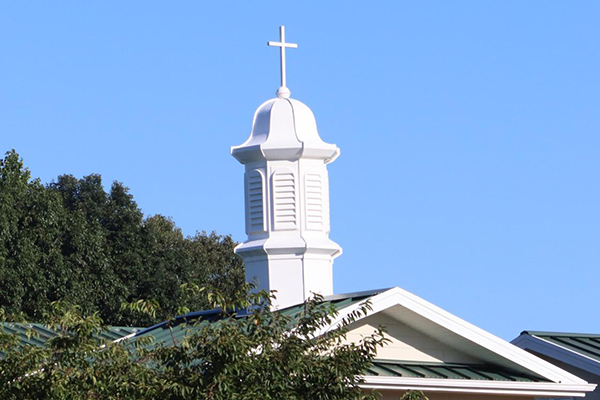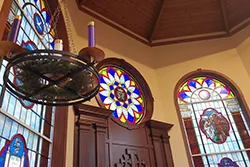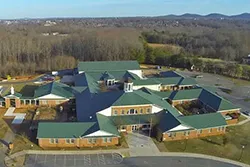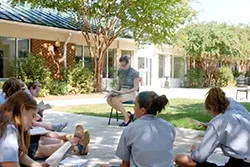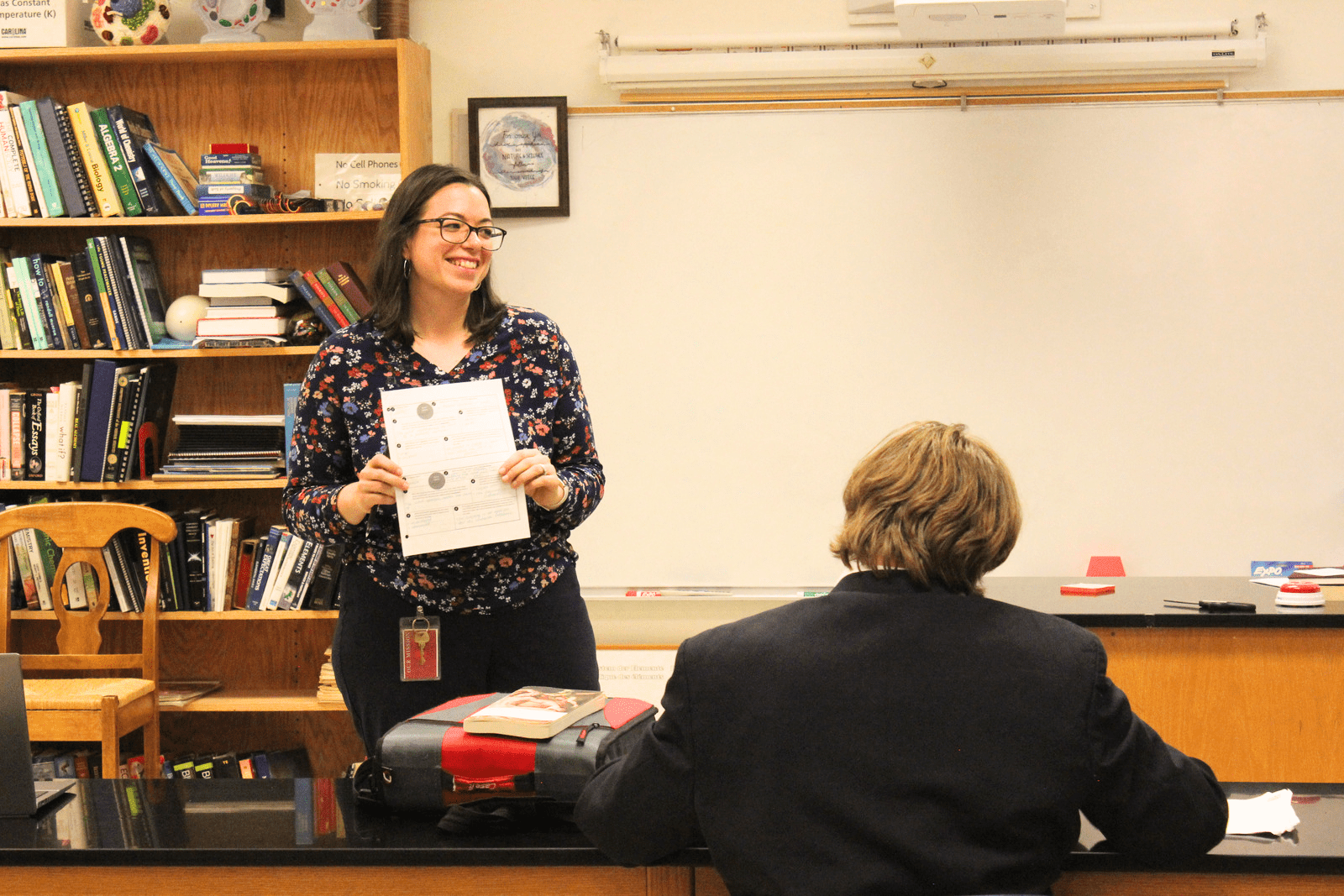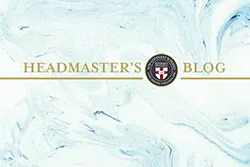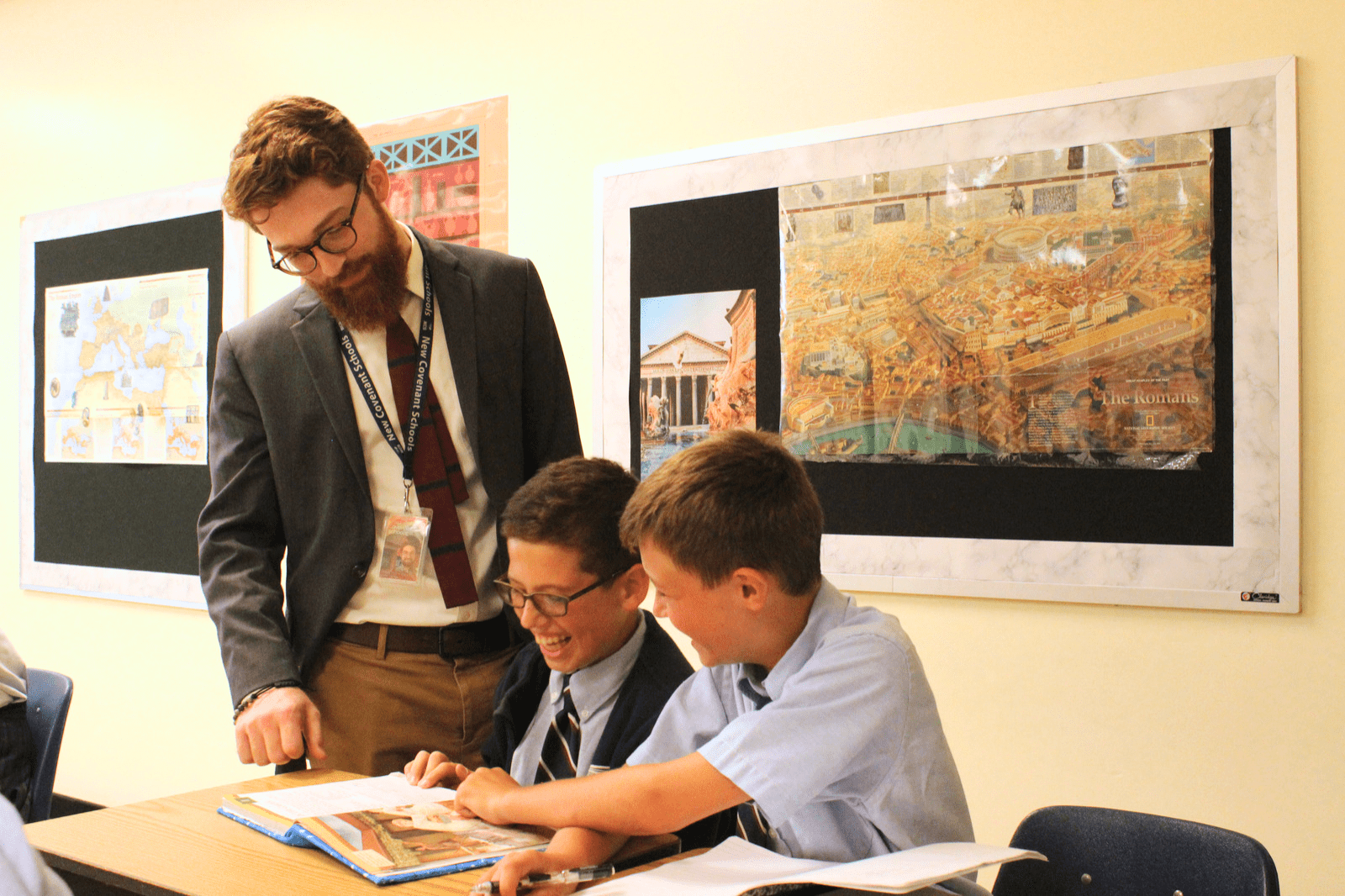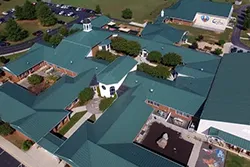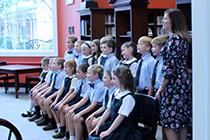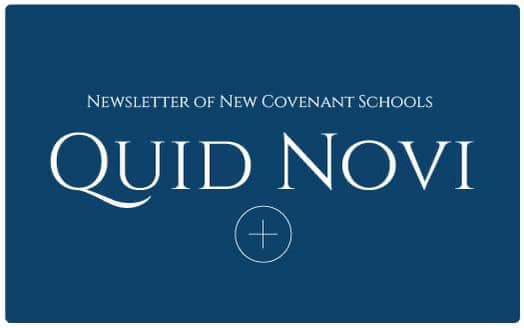by Jay Lamagna (class of 2012)
Jay Lamagna graduated from New Covenant in 2012 after thirteen years of enrollment. He attended Virginia Military Institute where he double-majored in Electrical Engineering and Computer Science. During his four years at VMI he was his Band Company Commander. Jay graduated as the top student in his class in 2016 and was awarded the highest academic honor, the Jackson-Hope Medal. Jay is serving in the US Army as a second lieutenant, stationed at Ft. Rucker, Alabama, where he just finished his helicopter training. This spring he will take a flight seat in the Chinook transport squadron. As an applicant for Special Ops, his high school transcript was requested. Here are his reflections on his high school experience at New Covenant.
What has a liberal arts education to do with math? Why study Shakespeare and Augustine if one is pursuing a career in engineering? What purpose does it serve to allocate time to the arts and humanities if the end goal is to apply to a technical college and eventually work in a field of science and technology? How does a prospective physicist, chemist, or engineer benefit from a classical education with a curriculum heavy in literature, history, philosophy, and art? I am by no means an authority on pedagogy, but having earned a BS in electrical and computer engineering this past spring I can share my observations on how my education at New Covenant Schools affected my study in a STEM major.
The bottom line is: my New Covenant high school experience was the best possible I could have received in preparation for college and the technical major that I chose. That’s a bold statement, and I certainly would not expect anyone to immediately believe me simply on the strength of conviction alone.
Let us start with the math and science courses I was offered at New Covenant. I took the core sciences: biology, chemistry, and physics, as well as what I would consider the core mathematics: algebra, geometry, trigonometry, and calculus. The quality of instruction I received was exemplary for high school classes. The classes I took in my last years at New Covenant were especially challenging and rewarding. The material demanded a commitment to study. In return for the extra work, we were rewarded with advanced instruction and a solid foundation for our engineering and math classes in college. In my experience the core STEM classes at New Covenant were taught with excellence and set me on firm footing for college.
In addition to the merits of the math and science curriculum, we should consider the humanities courses. I cannot state this strongly enough: the education in literature, philosophy, and the humanities I received at New Covenant is the greatest contributor to my success in college. Why would these classes have such an impact considering I took a grand total of two English classes in college and spent the overwhelming majority of my time engaged in math and engineering classes? The reason is simple: regardless of the field of study, a student needs to be able to organize thoughts and write intelligently.
I cannot adequately describe how poorly many STEM students write, or contrast it strongly enough with how prepared I was for the requirements of my major. This is of utmost importance because an engineer, scientist, or programmer is of little use if he can’t coherently communicate his thoughts and ideas to other people. Being set apart in a field requires credibility, a pre-requisite to publishing one’s work. Papers are published by those who are able to communicate abstract and difficult-to-understand concepts with clarity and precision. This is an issue that plagues the ranks of STEM students, and I’ve seen it personally. The ability to work with numbers and equations doesn’t guarantee the ability to write, even in STEM classes! I scored high points on engineering lab reports and presentations easily because of the liberal arts curriculum I was exposed to at New Covenant. A liberal arts background is more necessary to a STEM major than most students understand, and those students exclude those studies at their own peril.
What has a liberal arts education to do with STEM? In one word, everything, because a student with the ability to both solve complex equations and explain in plain but proper language how he did so is what we in the Army would call “lethal.” We humans are creatures set upon two legs; without one or the other we are handicapped. Any course of study which emphasizes a particular area at the expense of all others handicaps its students. To thrive in a complex world and truly experience the myriad joys of your field requires quality instruction in both the arts and sciences and I am blessed to have received both during my time at New Covenant.


